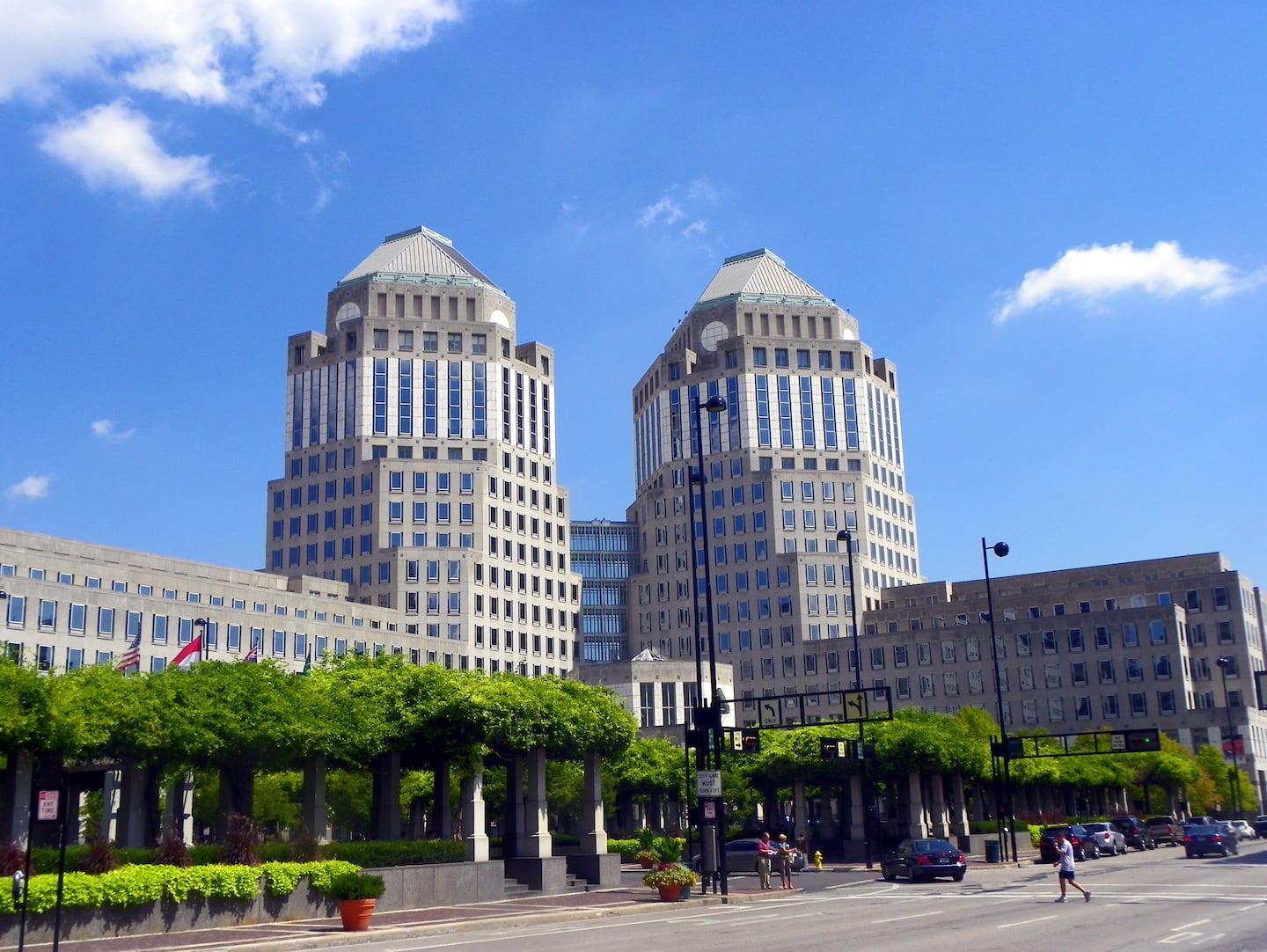
The Business of Fashion
Agenda-setting intelligence, analysis and advice for the global fashion community.

Agenda-setting intelligence, analysis and advice for the global fashion community.

CINCINNATI, OHIO, United States — Procter & Gamble Co., which is losing market share to eco-friendly products, is under mounting pressure to either fend off the competitors or buy one of them.
The maker of Tide and Crest is struggling to maintain its position in key categories, including skin care, razor blades and laundry detergent. Companies with so-called sustainable brands — products that are seen as more natural, environmentally sensitive or purpose-driven — are chipping away at P&G’s longstanding hold on American households. Though P&G remains the world’s largest consumer-products company, its wares don’t have the same maverick appeal as newer brands.
Unilever, P&G’s top competitor, raised the stakes last month when it agreed to acquire Seventh Generation, a Vermont-based company that makes sustainable cleaning products. The company had previously acquired Dollar Shave Club — another startup targeting America’s bathroom cabinets — and expressed interest in Honest Co., the household products company co-founded by actress Jessica Alba.
The situation may lead to a broader hunt for other sustainable acquisitions, said Philip Gorham, an analyst at Morningstar Inc. Buying a brand like Honest Co. or Method Products — assuming those businesses can be acquired — could help P&G appeal to younger consumers.
ADVERTISEMENT
“The consumer products industry is going niche,” he said. “Any number of the multinational consumer product manufacturers would want companies like Honest Co. and Method Products in their portfolio.”
P&G’s sales in core categories have slipped in recent months. Its share of the US skincare market fell to 12.7 percent in September, down from 14.2 percent in July, according to Bloomberg Intelligence, which cited IRI retail data. And the company, which owns Gillette, is facing a declining market for razor blades.
At the same time, Dollar Shave’s smaller rival, Harry’s, has been gaining share. That company recently began selling at Target Corp. stores, further squeezing P&G.
P&G just sold 41 beauty brands to New York-based Coty Inc., a deal that closed on Monday. But the company may soon return to acquisition mode. chief executive officer David Taylor signalled on a conference call in August that P&G will rely on deals to fill out its product portfolio.
“Am I open to M&A bolt-on acquisitions that we think are strategic and would help accelerate the growth in any of our 10 core categories? The answer is clearly yes,” he said.
Damon Jones, a spokesman for Cincinnati-based P&G, declined to comment on its acquisition strategy.
Unilever, meanwhile, has been more aggressive in snapping up nontraditional brands. It agreed to acquire Dollar Shave Club in July in a deal that was said to be worth about $1 billion. Unilever then set its sights on Seventh Generation, announcing plans to purchase that company in September.
The buying spree raised questions about other brands in the category. Unilever has also discussed an acquisition of Honest Co., according to a person familiar with that matter. But Honest Co. may push ahead with a plan for an initial public offering. The start up has been working with Goldman Sachs Group Inc. and Morgan Stanley on a possible IPO, people familiar with the matter said earlier this year.
ADVERTISEMENT
Since Alba helped start Honest Co. in 2011, the company has branched out from natural baby products to home cleaning and beauty items. Honest Co. has gotten a foothold in stores such as Target and Whole Foods Market Inc., but it’s also faced challenges. Honest Co. was the target of a class-action lawsuit filed last year in which customers claimed its products were deceptively labeled and contained unnatural ingredients.
Eco-friendly products typically carry a premium over traditional cleaners and hygiene items — a key advantage at a time when supermarket prices are getting squeezed. Consumers are often willing to pay about 20 percent more for sustainable products, according to Bill Harrison, head of consumer investment banking at Headwaters. The market for sustainable personal health products alone could be worth $117 billion, his firm estimates.
But there’s always the chance that smaller brands don’t want to be acquired by a consumer-products behemoth. Take Method, the San Francisco-based company that sells green cleaners. It agreed to a merger with Belgium’s Ecover in 2012 because the companies seemed to have the same philosophy.
Drew Fraser, CEO of Method, says Seventh Generation’s deal with Unilever was quite different.
“By becoming part of Unilever — a company that isn’t built on the same philosophy — Seventh Generation risks alienating its current customer base,” he said in an e-mail. “Customers in our category want to buy and support brands aligned with their values, so joining Unilever’s portfolio may feel disjointed to Seventh Generation’s consumers.”
These concerns may make it difficult for P&G to buy its way into the hearts of sustainable-product shoppers. Instead, the company may need to focus on rehabilitating its own brands, said Ali Dibadj, an analyst from Sanford C. Bernstein & Co.
“P&G is still trying to get its house in order,” Dibadj said.
By Sarah Very; editors: Nick Turner and Kevin Orland.
According to an email viewed by The Business of Beauty, the company will be on hiatus while it establishes a sustainable path to return as a new company.
The surfing legend, a vocal opponent of chemical-based sun protection, is launching his own line of natural skincare products this week.
While light on obvious social stunts, the 2024 Met Gala still had its share of trending beauty moments this year.
TikTok has birthed beauty trends with very little staying power. Despite this reality, labels are increasingly using sweet treats like glazed donuts, jelly and gummy bears to sell their products to Gen-Z shoppers.